The Canary Islands are included in the Mediterranean Basin as one of the thirty-four most interesting hotspots in the world. This term, coined by environmentalist Norman Myers, refers to the places in the planet where we can find the largest number of endemic species, unique to that area, and whose natural habitat is endangered or vulnerable.
One of the reasons the Canary Islands have been included in Norman Myers’ list is the presence of an important ornithological biodiversity that is threatened, in which several endemic species of the islands are included. This distinctive feature, along with other social, cultural and natural values of the islands, makes them the perfect destination to develop ornithological tourism.
- Cursorius cursor
- Numenius phaeopus
- Falco tinnunculus dacotiae
- Passer hispaniolensis hispaniolensis
- Ficedula hypoleuca
Ornithological tourism is a modality with specific features within nature tourism; its main motivation is the observation and enjoyment of birds, while at the same time allowing for an approach to nature and landscapes from a closer, privileged, different point of view, including among its goals learning about the birds’ habitats and, often, the use and traditional activities that allows to maintain these landscape and the species that live in them.
Quality ornithological tourism must be able to bind other values and resources together directly or indirectly related to birdwatching or with the habitat these species live in, so that it serves as an effective tool to develop sustainability.
According to the United Nations, the birdwatching industry counts with over three millions of users in the United Kingdom, forty-six million in the United States and it calculates that the wildlife viewing industry moves about thirty-two thousand million American dollars in the United States alone.
The natural environment of Lanzarote’s Biosphere Reserve, along with the uniqueness of the birds that have adapted to its diverse ecosystems, makes the island a perfect destination to develop ecotourism activities related to birdwatching. Our island counts not only with natural (PNA, SPA, Marine Reserve), agricultural (El Jable, La Geria, et cetera) and industrial (salt mines) spaces important for birdwatching nesting and migrant species, but it also counts with lodging resources and businesses with years of birdwatching experience that offer nature-based activities.
Apart from being interesting, fun and exciting, birdwatching is good for your mental and physical health.
What are you waiting for to enjoy this experience in Lanzarote’s Biosphere Reserve?
Discover birdwatching with the Club businesses authorised by the Biosphere Reserve!
- Garza real
- Phylloscopus trochilus
A bird does not sing because it has an answer. It sings because it has a song — Chinese proverb.
Related links of interest:
- Birds of the Canary Islands (Wikipedia).
- Places of ornithological interest in Lanzarote (Blog Aves en Lanzarote. 2008)
- Steppe birds in the eastern Canary Islands (CSIC and GREFA. 2012)
- Lanzarote’s endangered birds and flora (ASCAN. 1991).
- SEO BirdLife Canarias
- Desert watch (Voluntary work project in El Jable. Lanzarote)
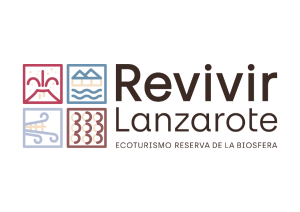
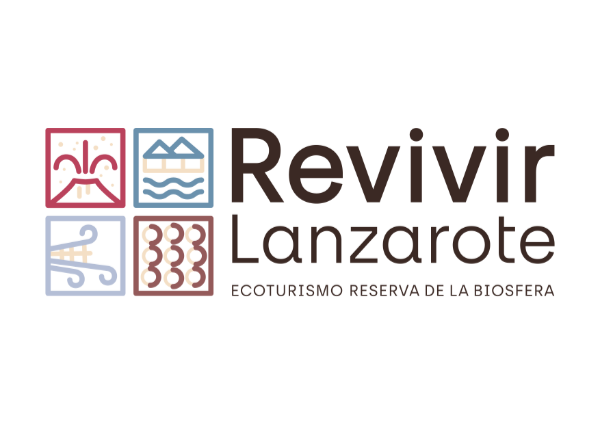




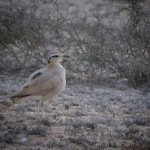
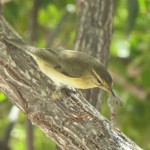
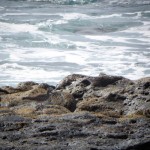
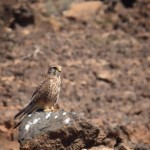
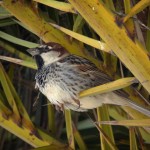
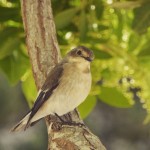
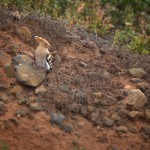
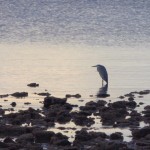
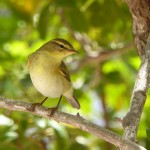
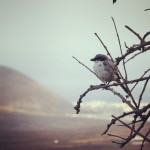


No Comment
You can post first response comment.